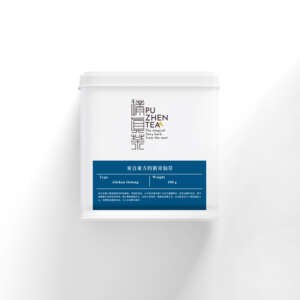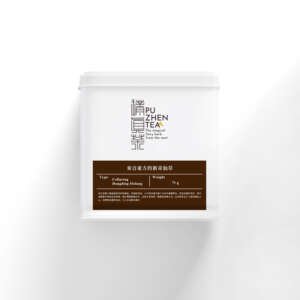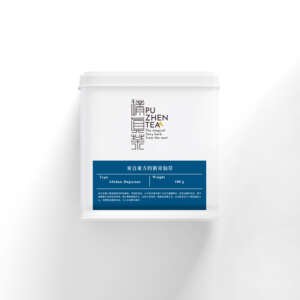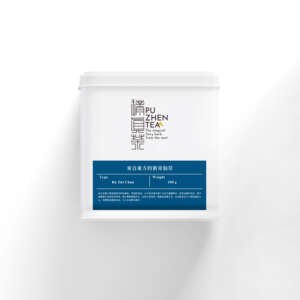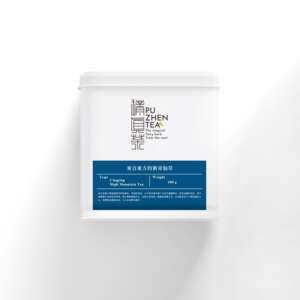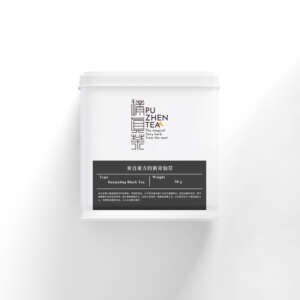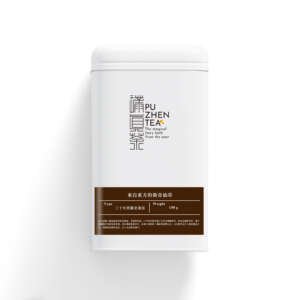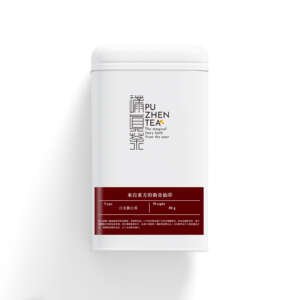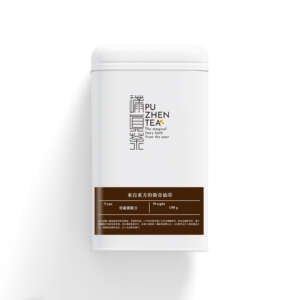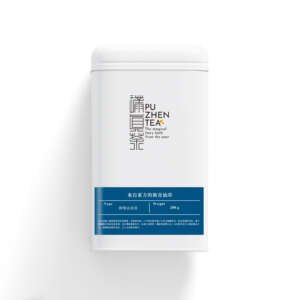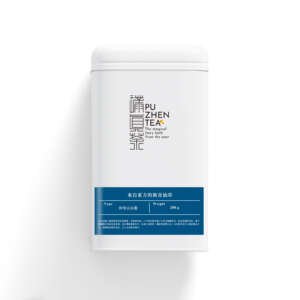-
USD
-
UAH
-
EUR
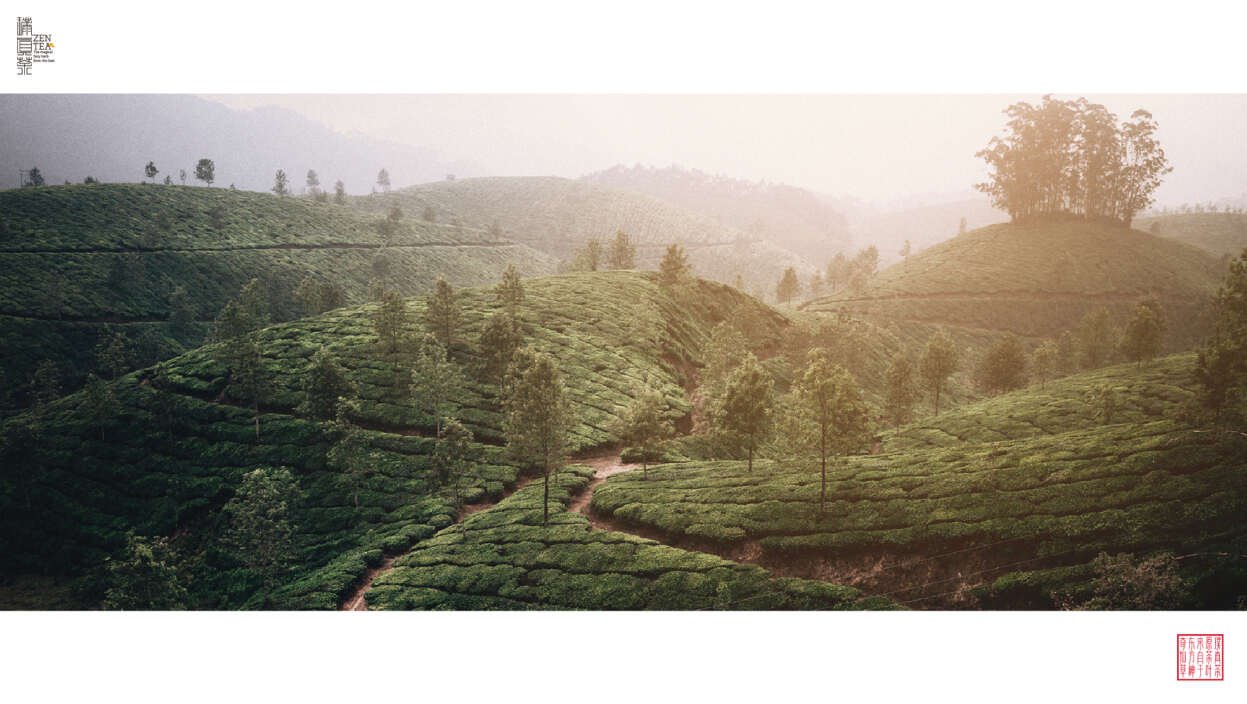
Відбірний тайванський чай
Нові надходження
Це не просто місце для чаювання; це святилище для душевних зв`язків.
Виробництво чаю в чайних регіонах Лугу та Алішань підійшло до завершення
Заварений чайний шедевр
Баі Мао Хоу Білий Чай 30г|Велика банка
2393,00 ₴Шляхи вирівнюються чайним шепотом , у повній тиші в ковтках сплітаються світи
Ми - «Пуджень Чай»
У серці цього сакрального простору, де охоплена сутність чиста і справжня, аромат чаю, солодкий і оновлюючий, танцює з вічною грацією часу. Краса, хоч і невловима, в спогляданні знаходить своє місце, кожна мить тиші – скарб, тонкий слід. Традиції та інновації в ніжних обіймах сплітаються в листі східного чаю, створюючи багатий гобелен смаку. Цей глибокий зв`язок із землею, прагнення до автентичності, відображено в назві «Пу Джень Чай», де переплітаються земля і дух, і ця назва віддзеркалює обійми землі та щирість власного ритму серця
У розкішній галактиці східної думки та безтурботного потоку чайної культури ієрогліф «Пу» стоїть як перлина, що світиться в нічному просторі, випромінюючи глибокий і первозданний блиск. Він виходить за межі простого сценарію, діючи як провідник між справжньою сутністю природи та святилищем душі, ведучи нас до миру в бурхливому світі.

